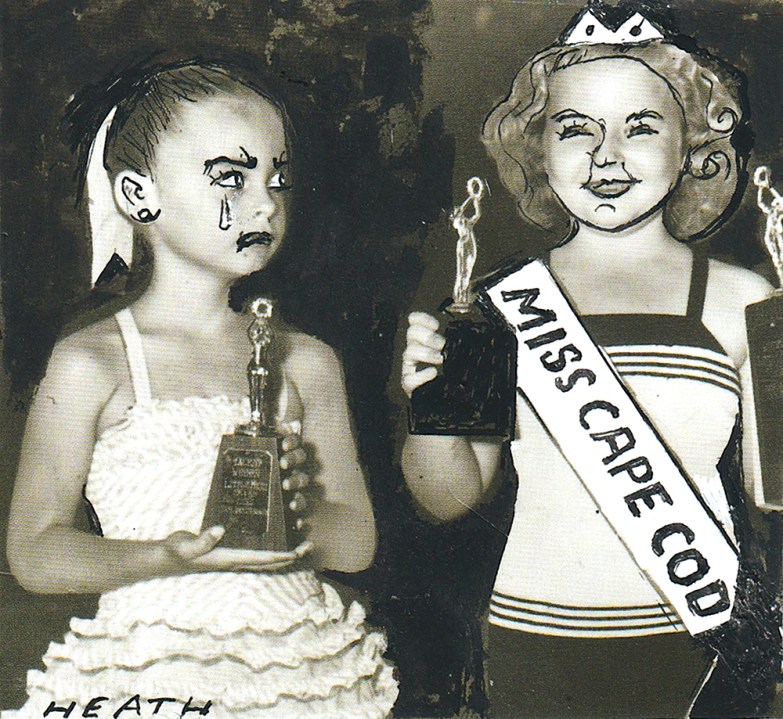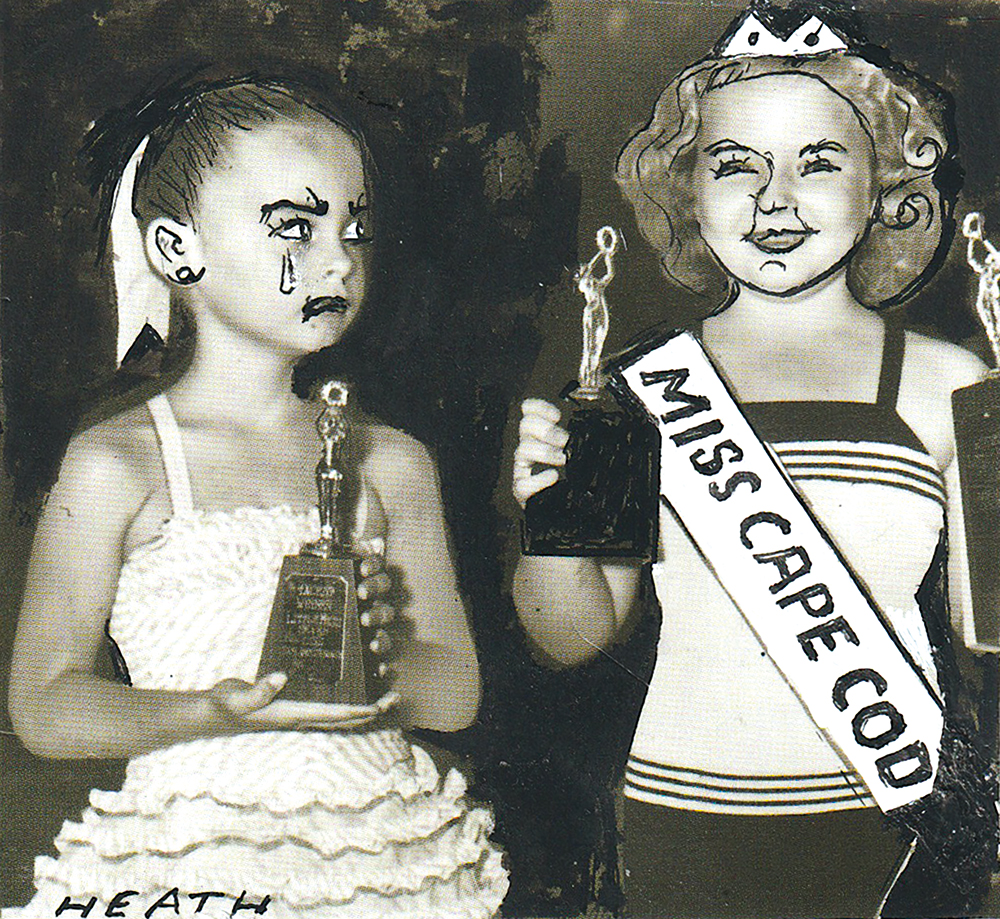
Summer is icumen to its end, but my peach tree yielded a fine crop this year, though most of it was stolen. My mistake was planting the tree close to the road in my front garden, which made it easy for the thief to see and approach. I doubt that the thief reads The Spectator, so it’s safe to reveal my wife’s plan to inject next year’s crop with a powerful laxative. But the few peaches we managed to pick ourselves proved delicious.
I was surprised that a peach tree would survive in Cape Cod, let alone thrive, but I constantly forget that we are on the same latitude as Lisbon and our summers are predictably warm. Maybe too warm, because the lobsters are vanishing from Nantucket Sound and migrating to cooler northern waters – which means that Cape Cod’s signature dish, lobster roll, is now made from Maine lobsters. The Cape’s Atlantic shores must still be cold because they attract more and more great white sharks which, in turn, attract tourists. Our local cinema shows Jaws every summer, and I was astonished to learn that only eight of the actors in that gruesome movie were professionals. All the rest were local folk from Martha’s Vineyard.
The hummingbirds have also abandoned the Cape, not because of sea temperature, but simply to make their annual southern migration. Their summer presence was one of the features that surprised me when I first moved here. They are delightful to watch, and to someone raised in Britain they possess an exoticism which still enchants me. I am less impressed by the coyotes that haunt the Cape and are reputed to snatch small dogs off their leashes. My small dog, an indeterminate breed best described as ‘a small fluffy white animal with three black dots for a face’, considers herself a match for any animal, big or small, but she has yet to face a coyote and I take care to ensure she never does. She does chase wild turkeys, which thrive in vast numbers and can be belligerent. One attacked my car after I had politely stopped to let a flock cross the road. My dog has never encountered a skunk either, possibly because their population is declining. This is not a migration, but rather because local trappers, called to remove a skunk that has taken residence in a backyard, like to release the animals on an island which is home to the town’s wealthiest inhabitants, who I presume live in an eternal stench. I haven’t ever been sprayed by a skunk but am reliably informed that you need to bathe in tomato juice if that occurs.
Of all the fauna in Cape Cod, I love to watch the ospreys best. I seem to remember from my childhood (the 1950s) that a nesting pair appeared on Scotland’s northern coast, from which ospreys had long departed, and to protect the new nest from egg thieves a picquet of Royal Marines was posted. Is that true? And if so are the Royal Marines still there? They would not be needed on Cape Cod, which hosts innumerable ospreys who like to make their elaborate nests atop telegraph poles. I never tire of watching them soar above the harbour, then a sudden stoop, a flurry of water and the osprey rises into the air clutching a fish athwart its body. Then the magic happens. A fish carried across the body is patently bad for flying – the victim causes considerable drag. But as the bird flies towards its nest it cleverly turns the fish in its claws so that it lies fore and aft, like a torpedo clamped beneath an old-fashioned torpedo bomber, which is plainly aerodynamically more efficient. It is fascinating to watch and I have never seen an osprey drop its prey, though I did see one attacked by a bald eagle which evidently wanted, and failed, to steal the fish.
Gulls fly above my yard with clams in their beaks. They are seeking my driveway, or any hard-standing, and drop the clam from a height in hope that the shell will shatter and so provide a snack. It might take several drops to achieve the morsel. In my backyard I possess an Armstrong three-pounder cannon, which was almost certainly from a British cargo vessel captured by American rebels during the revolution. I once saw a clam dropped on to the cannon, a clean first drop that left the exposed clam on the barrel to be fought over by a dozen squalling gulls. It is a matter of some satisfaction to me that the cannon, a prize of war, is now back in British hands.









Comments